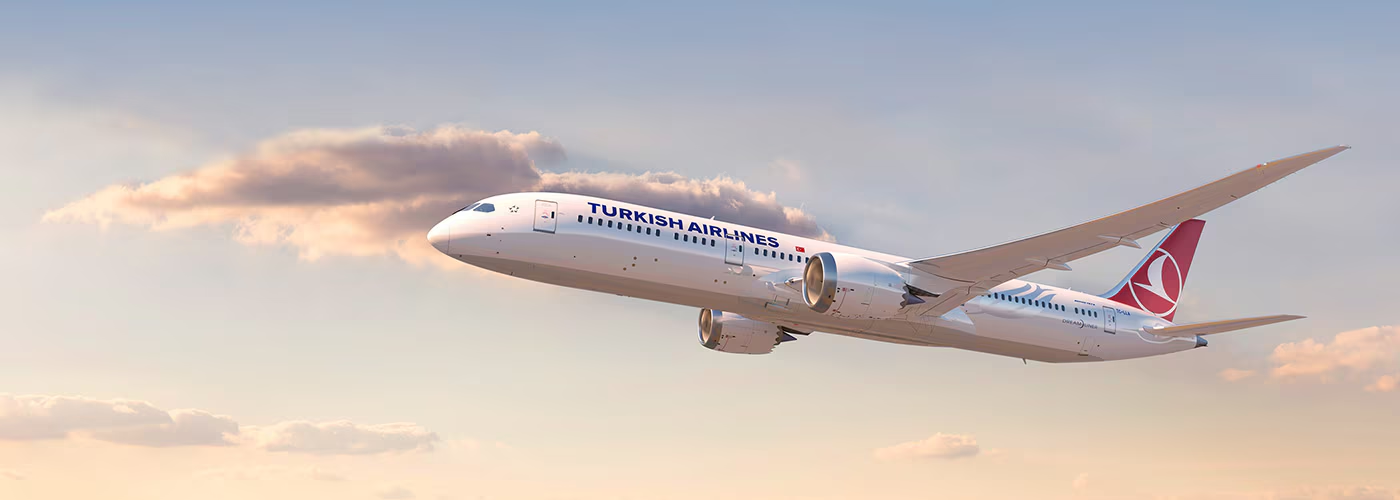The Hidden Costs and Consequences of Canceled Flights
Have you ever found yourself stranded at the airport due to a canceled flight and wondered, “What’s the cost to the airline?” Dive into this comprehensive guide to learn why airlines cancel flights, the economic implications for carriers, and what steps you should take if you’re caught in such a situation.
Why Flights Get Canceled: The Common Culprits

Weather issues, including hurricanes, thunderstorms, and fog, top the list as the leading cause of flight cancellations. Airlines would rather cancel a flight at its origin than risk passenger safety or create a logjam of flights needing to divert to other airports. So, before heading to the airport, it might be a good idea to check the weather forecast for your departure and arrival destinations.
Mechanical issues also force airlines to cancel flights. For instance, an aircraft may experience a problem that requires immediate repair. In cases where the necessary parts or engineers are unavailable, the airline might have no other option but to cancel the flight.
The Impact of Staffing and Technology
During the COVID-19 pandemic, U.S. airlines received billions in aid and laid off hundreds of employees, including many pilots who took early retirement. When air travel resumed, airlines were ill-prepared for the surge in passengers and faced staffing issues, resulting in further cancellations.
Technological glitches in airline and airport computer systems can also halt operations. Post-9/11 security measures have been stringent, and any perceived threat can lead to flight cancellations in the interest of public safety.
The Financial Toll on Airlines
The financial cost to an airline for a canceled flight varies significantly based on the size of the aircraft. For example, a regional jet canceled due to weather might cost an airline $1,050, whereas a controllable event could raise that figure to $2,750. The cost scales up for larger aircraft like the Boeing 777-300ER, with weather-related cancellations costing $13,140 and controllable events reaching up to $42,890.
Low-cost carriers have an advantage over legacy airlines because they don’t have to compensate business or first-class passengers, thereby reducing their financial burden when a flight is canceled.
What Should You Do If Your Flight Is Canceled?

In the United States, unlike the European Union, there are no strict rules on compensation for canceled flights. Airlines, however, do work to re-accommodate passengers on the next available flight or even place them on a different airline. If your flight is canceled, your first step should be to open the airline’s app and try to rebook your journey.
If rebooking via the app doesn’t work, you’ll need to speak with an airline agent or call customer service. Considering the influx of passengers trying to re-accommodate, it’s wise to book a hotel room as soon as possible. While U.S. law states you are entitled to a full cash refund, getting that refund can be a lengthy process. Therefore, consider taking out travel insurance for added peace of mind.
How has a canceled flight impacted you personally, and what steps did you take to manage the situation? Would you consider purchasing travel insurance for future trips? Let us know in the comments section below.
Youssef Yahya is the CEO and Founder of Aviation for Aviators, a platform dedicated to the aviation industry. With over 3 years of experience as an aviation writer, Youssef is passionate about sharing his insights on aviation, entrepreneurship, and the broader business landscape. As a Teaching Assistant in Entrepreneurship at Nile University, he also nurtures the next generation of entrepreneurs. When he’s not exploring the skies or business ventures, you can find him saying, ‘Drag your coffee, and let’s talk aviation, entrepreneurship, and football.’
You might also like:
- The Story of Jessica Cox
- Learjet 55 Air Ambulance Crash: Investigators Recover Black Box
- How Many Flights Can a Pilot Fly in a Day?
- Air India’s Substantial Airbus Order Has Experienced Significant Alterations: More A350-900s and A321 neos
- US Federal Judge Blocks JetBlue and Spirit Merger
Discover more from Aviation for Aviators
Subscribe to get the latest posts sent to your email.














Post Comment